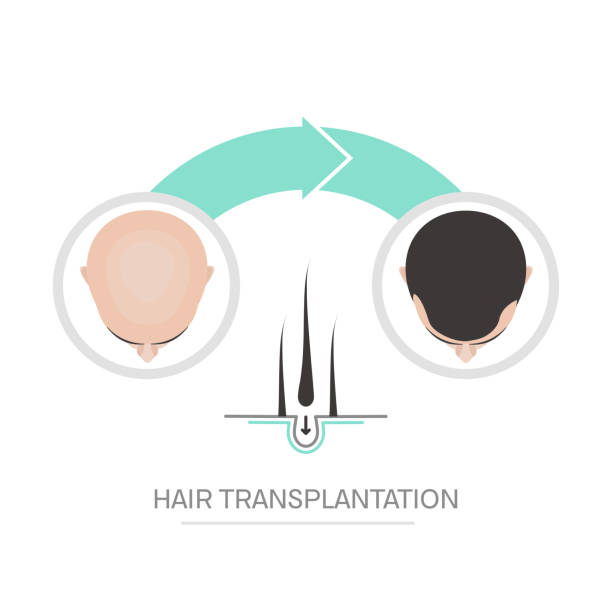Jump to
Tooth Extraction Vadodara, India
Esthetica provides high-quality dentistry service in wisdom teeth extraction in Vadodara cost-effectively by skilled and experienced doctors.
Although permanent teeth are intended to last a lifetime, there are numerous reasons why a patient may require Tooth Extraction. The most frequent cause is severely damaged teeth due to decay or trauma that cannot be restored. There are other reasons to consider:
A crowded mouth
Sometimes dentists recommend Tooth Extraction to prepare the mouth for orthodontic treatment. The purpose of orthodontics is to align teeth, which might not be feasible if your teeth are too large for your mouth. Additionally, if teeth cannot erupt properly due to insufficient space, the dentist may suggest extraction.
An infection
If tooth decay or injury extends to the pulp — the area in the middle of the tooth containing blood vessels and nerves — bacteria can enter, causing infections. Root canal treatment (RCT) can often treat this, but if antibiotics and RCT cannot heal the problem, Tooth Extraction may be required to stop the spread of infection.
Weakened immune system or infection risk
If your immune system is weak (for example, due to chemotherapy or organ transplant surgery), even the potential for infection in a specific tooth may justify Tooth Extraction.
Periodontal (gum) disease
Periodontal disease is the inflammation of tissues and bone that support and surround the teeth, leading to loose teeth. In such cases, Tooth Extraction may be necessary to maintain oral health.
What to Expect With Tooth Extraction
Oral surgeons and dentists (dentists who have been specially trained to perform surgeries) are the professionals who perform Tooth Extraction carefully ensure your comfort throughout the procedure. Before pulling the tooth, your dentist will administer a local anaesthetic injection to numb the area for the Tooth Extraction. In some instances, a stronger general anaesthetic may be used to reduce pain throughout your body and help you feel more relaxed during the treatment.
If the tooth is affected by a dental issue, the dentist may slice off the bone and gum surrounding the tooth. Then, using forceps, they gently rock the tooth in a circular motion to release it from the jaw ligaments and bone that hold it in place. In some cases, a tooth that is difficult to pull may need to be removed in pieces during the Tooth Extraction.
After the Tooth Extraction, a blood clot typically forms inside the socket. The dentist will place a gauze pad in the socket and ask you to bite down to stop the bleeding. Sometimes, dissolvable stitches are used to secure the edges of the gums around the extraction site.
Occasionally, the blood clot inside the socket may break loose, exposing the bone within the socket. This painful condition, known as dry socket, may require your dentist to place a sedative bandage over the socket for a few days until a new clot develops after the Tooth Extraction.
What to Tell Your Dentist Before You Have a Tooth Pulled
While having a Tooth Extraction is typically secure, it can allow harmful bacteria to enter the bloodstream. Gum tissue also is susceptible to infections. If you have a medical condition that puts you at risk of developing a severe illness, you can take antibiotics before and after the Tooth Extraction. Before you have a Tooth Extraction, make sure your dentist knows your complete medical history, the medicines and supplements you take, and whether you have any of the following (note that this listing may not be entirely complete):
-
Heart valves that are damaged or made by humans
-
Congenital heart defect
-
Inflammatory system impairment
-
Liver disease (cirrhosis)
-
Artificial joints, for example, a hip replacement
-
A history of bacterial Endocarditis
After You’ve Had a Tooth Pulled
After a Tooth Extraction, the dentist will send you home to rest. Recovery usually takes several days. The following tips can help reduce discomfort, lower the risk of infection, and speed the recovery process.
You should take painkillers only as directed by your doctor. Take a bite firmly but gently on the gauze pads placed by your dentist after the Tooth Extraction to minimize bleeding and let a clot develop in the socket of your tooth. Change gauze pads as soon as they get soaked with blood. In other cases, keep the gauze pad for 3-4 hours after the procedure.
Apply an ice pack on the area affected immediately following the Tooth Extraction to reduce swelling. Place ice on the site every 10 minutes for a stretch. Rest for at least 24 hours following the extraction and avoid engaging in any activity for the next day or two.
Avoid spitting or rinsing vigorously for 24 hours after the Tooth Extraction to prevent dislodging the clot that forms inside the socket. Within 24 hours, rinse your mouth using a mouthwash made from half a teaspoon of salt in 8 ounces of warm water.
Don’t drink through straws within the first 24 hours, and avoid smoking as it can slow healing after the Tooth Extraction. Consume soft foods like soup, pudding, yoghurt, or applesauce on the day following the procedure, gradually introducing solid foods as your mouth heals.
While lying down, support your head with pillows; being flat on your back can prolong bleeding. Keep brushing and flossing your teeth, and also floss your tongue, but avoid the site of the Tooth Extraction to maintain oral hygiene and prevent infection.
When to Call the Dentist
You are likely to feel a little discomfort after the anaesthesia has worn off following a Tooth Extraction. In the 24 hours after a Tooth Extraction, you can expect some swelling and bleeding. If bleeding or pain remains intense for more than 4 hours after the tooth has been pulled, you must contact your dentist. It is also advisable to contact your dentist if you suffer from any of the following symptoms:
-
Indications of infection include chills and fever.
-
Nausea or vomiting
-
Swelling, redness, or excessive discharge from the region
-
Shortness of breath, cough, chest pains, extreme nausea, or vomiting
The healing process initially lasts between one and two weeks. The gum tissue and bone will form to fill in the space after a Tooth Extraction. However, over time, missing teeth could cause the other teeth to shift, altering how you bite and making it harder to chew. Your dentist may recommend replacing the missing tooth or teeth with an implant, fixed bridge, or denture to remedy this.





